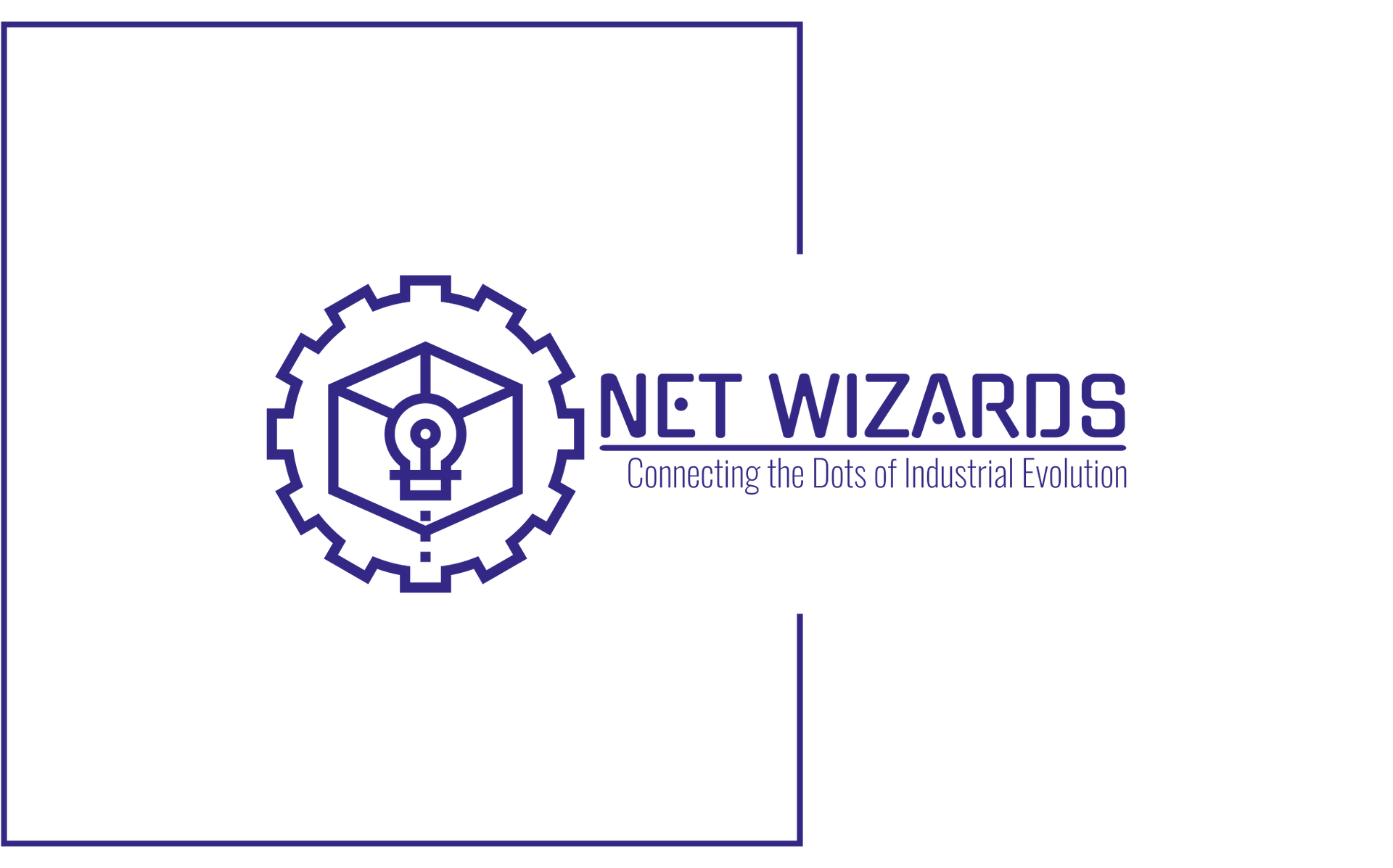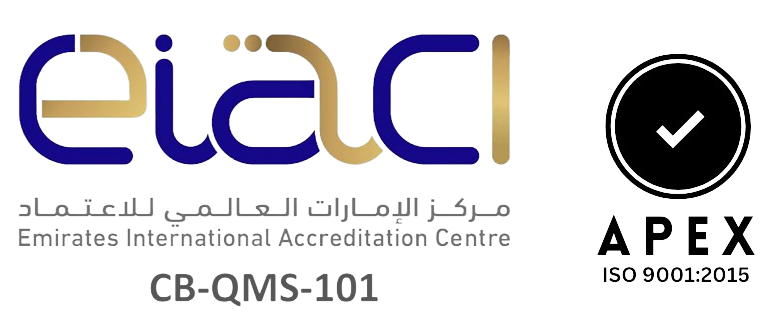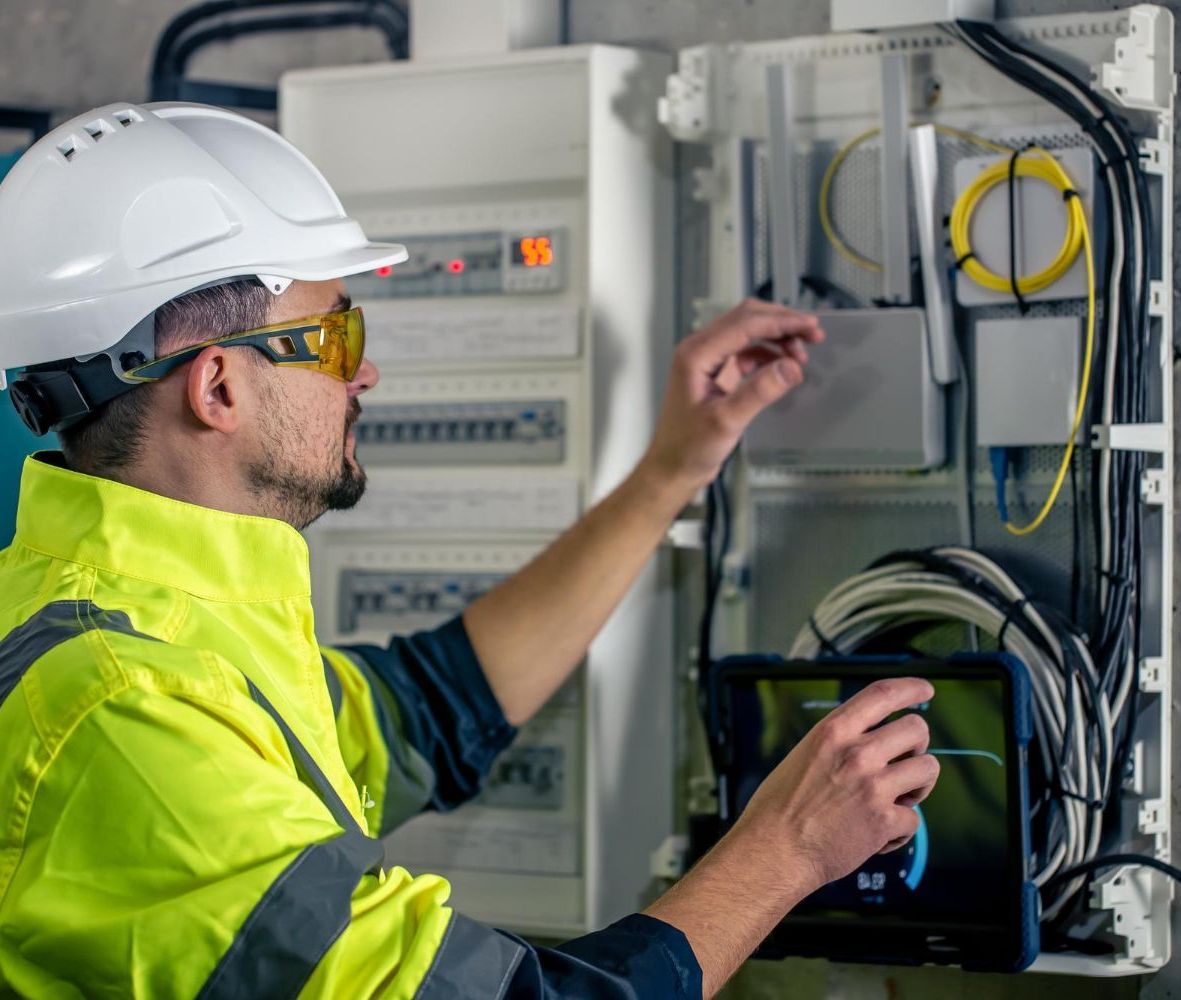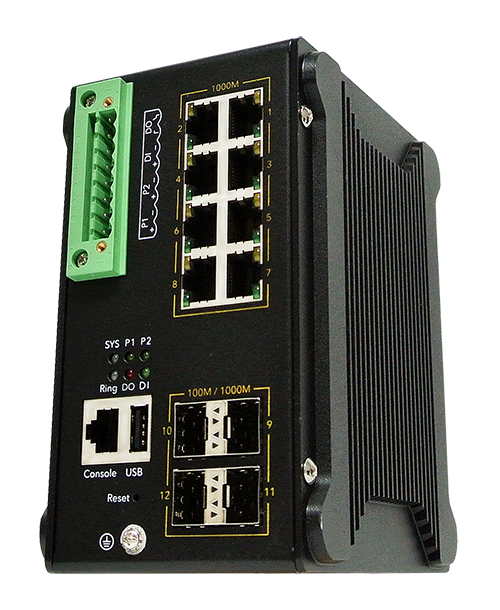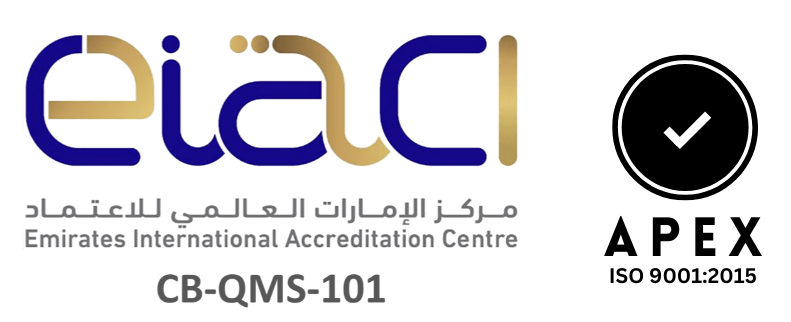INDUSTRIAL NETWORKING SOLUTIONS
Industries
Manufacturing and Automation:
Industrial PCs are integral in controlling machinery, data collection, quality control, and other processes in modern factories.
Energy and Utilities
They are used in power plants, substations, and for monitoring grid systems.
Transportation
Industrial computing systems can be found in traffic control systems, train and metro systems, and even in vehicle diagnostics and monitoring.
Healthcare
These computers can be used in medical imaging devices, patient monitoring systems, and laboratory equipment.
Agriculture
Modern farms use industrial PCs for precision agriculture, monitoring and controlling irrigation systems, and automating various processes.
Oil and Gas
From drilling operations to pipeline monitoring, industrial computers play a crucial role in ensuring efficiency and safety.
